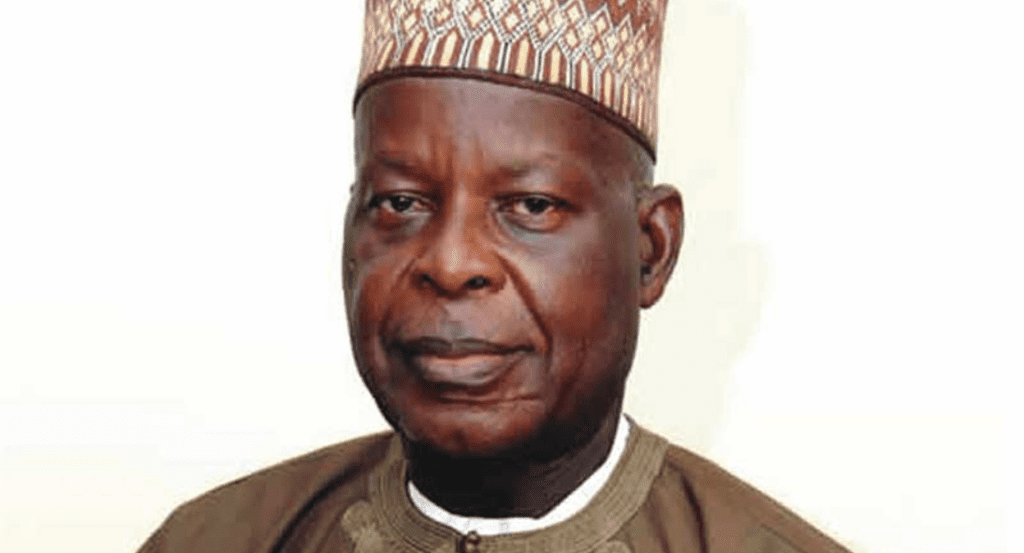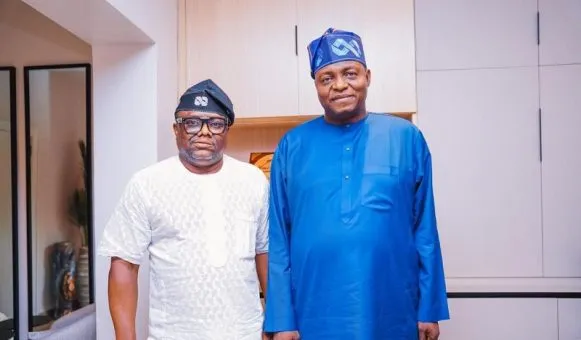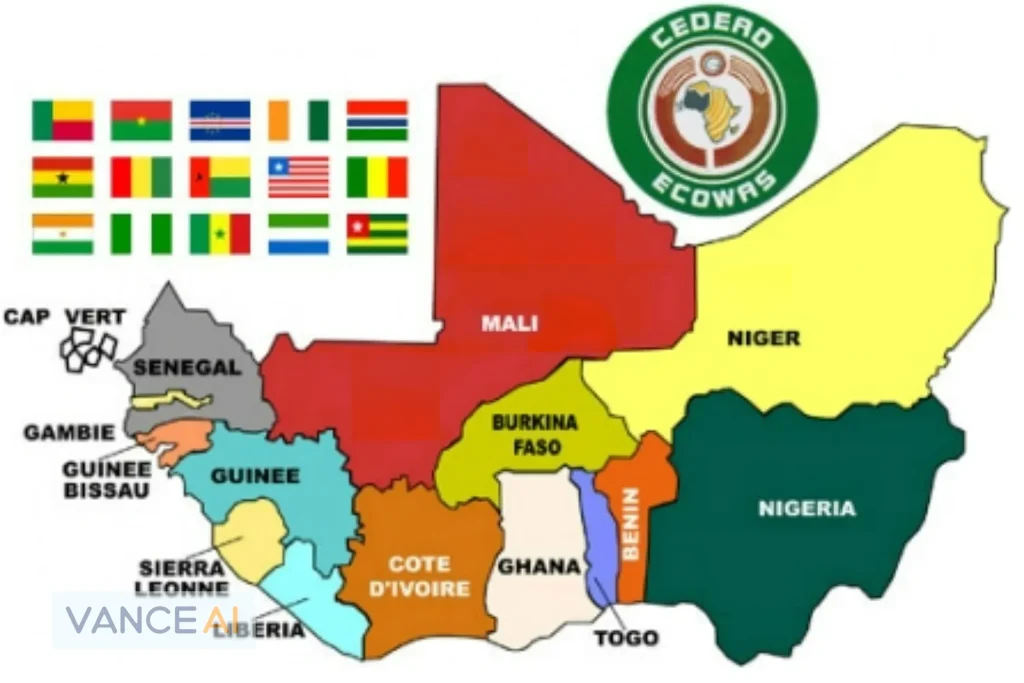Former Inspector-General of Police, Mike Okiro, has officially withdrawn from the race for the presidency of Ohanaeze Ndigbo, citing controversies surrounding his state of origin. Okiro, who was initially supported by a section of the Igbo Elders Council, made this decision public amidst mounting criticism and debates regarding his eligibility for the position.
The core of the controversy stems from claims that Okiro hails from Rivers State, rather than a southeastern state traditionally associated with the Ohanaeze leadership. Critics argue that this disqualifies him from the race, as the organization’s leadership has historically been restricted to individuals from the core Igbo-speaking states.
In his withdrawal statement, Okiro emphasized his respect for Ohanaeze Ndigbo and its principles. He stated that his decision was aimed at maintaining unity and avoiding unnecessary divisions within the organization. “I do not wish to be a source of discord or distraction for this great body,” he said.
The withdrawal has reignited conversations about inclusivity and representation within Ohanaeze. Supporters of Okiro argue that his candidacy represented a broader vision for the group, while critics insist on adhering to tradition.
Meanwhile, Dr. Alex Chukwu, a key figure within the organization, assured stakeholders that the presidency of Ohanaeze Ndigbo would still rotate to Rivers State as earlier agreed. Chukwu stated, “We will ensure a Rivers indigene assumes this position, as part of our commitment to unity and fairness among all Igbo-speaking communities.”
The Igbo Elders Council, which had endorsed Okiro, expressed disappointment over his withdrawal but acknowledged the need for harmony within the organization. They praised him for prioritizing the collective good over personal ambition and urged the leadership to ensure a fair and transparent process in electing the next president.
Ohanaeze Ndigbo, the apex socio-cultural organization of the Igbo people, plays a pivotal role in advocating for the rights and interests of Igbo communities both within and outside Nigeria. The selection of its president-general is a significant event, often drawing attention from political and cultural stakeholders nationwide.
As the search for a new leader continues, stakeholders within the organization have called for unity and inclusivity in charting a way forward. Many believe this episode presents an opportunity to reevaluate long-standing traditions and policies to reflect the diverse realities of contemporary Igbo society.























